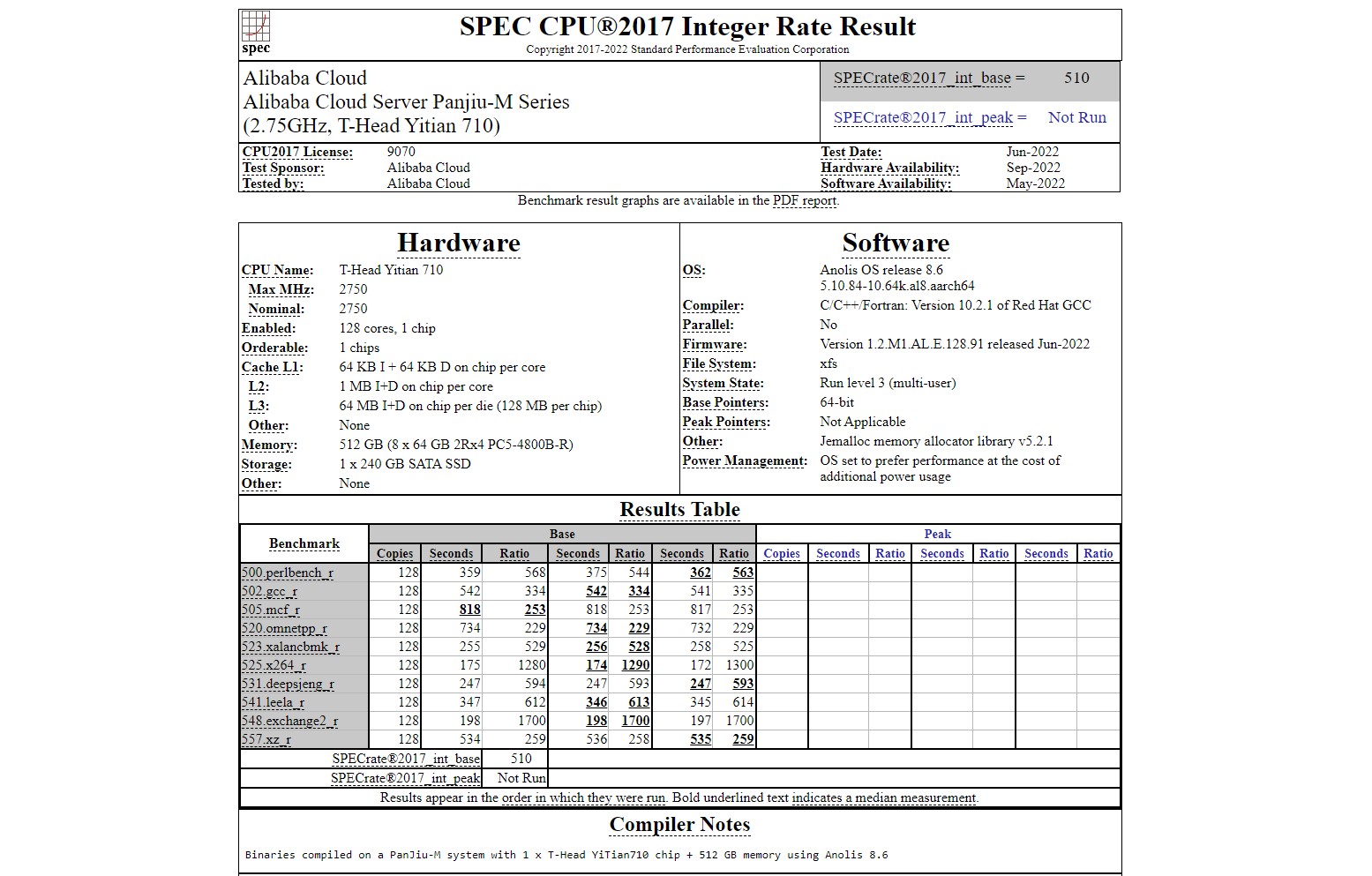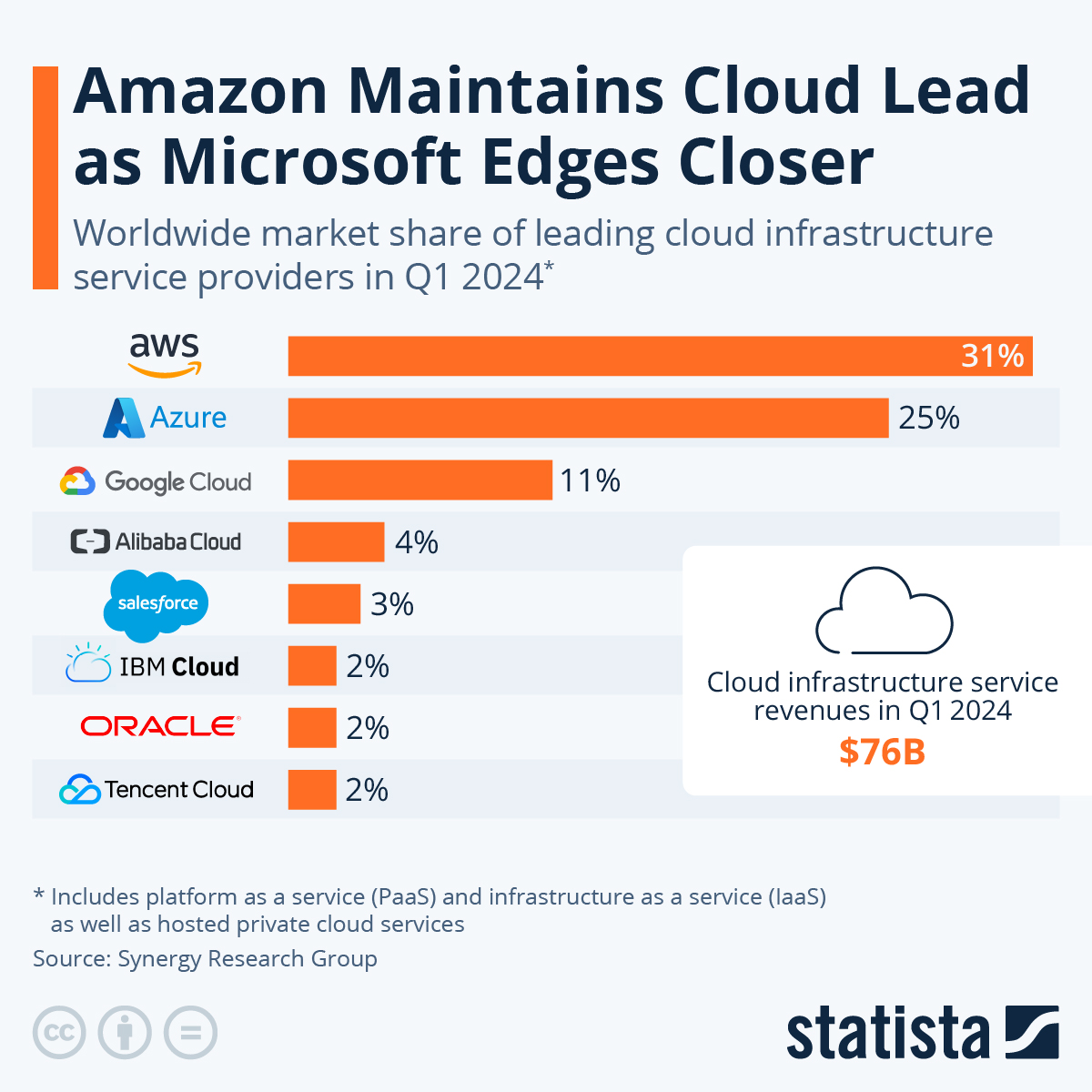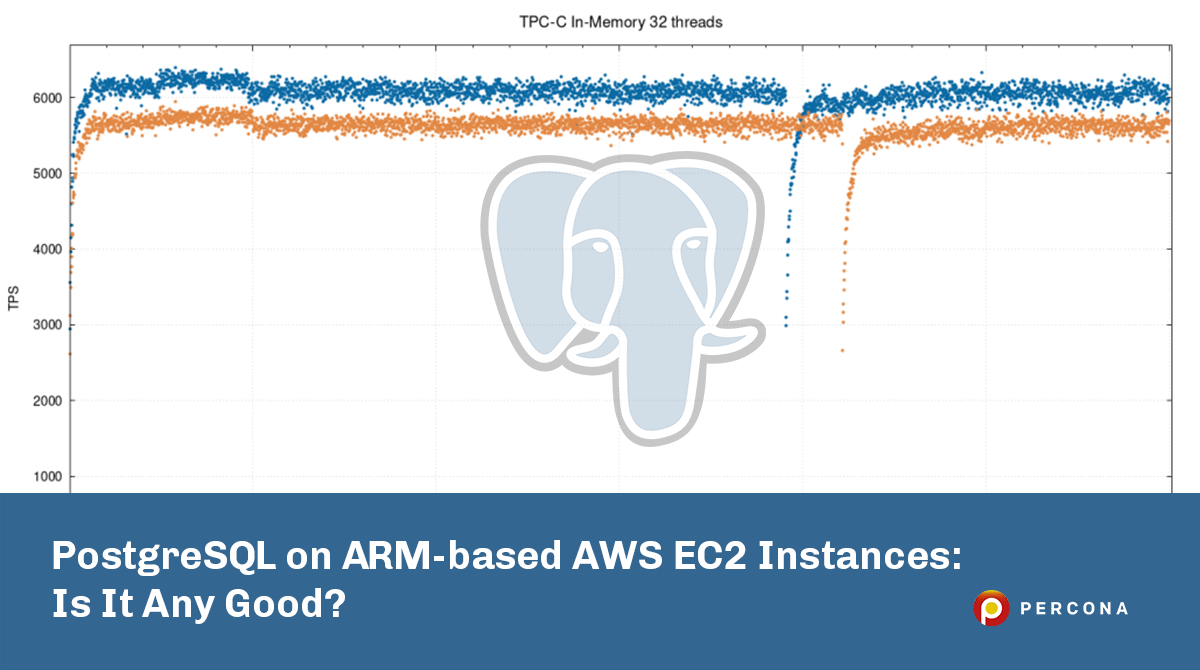It only has 16% advantage over AMD Milan and in just a few days will be replaced by Genoa that's 75% faster than the predecessor. This is despite only having 96 cores so the single thread advantage is significant which makes it a better general purpose server CPU. Bergamo will be a better competitor to ARM chips because it'll offer 2x the performance by having 128 cores, but each core will perform less than Genoa does.
Performance/core doesn't matter much.
In data centers, it's minimum acceptable ST speed (which ARM designs meet), then it's all about perf/watt, perf/socket, perf/cost.
ARM is currently winning in all 3 categories.
Take for example, a top binned 64-core Zen4 Epyc will cost $7k+. When hyperscalers like AWS and Alibaba manufacture their own chips based on mostly ARM core designs, they're cutting out the middle man. AMD's gross margins are 48%. For their cloud chips, their gross margins are probably 80%+. If AWS and Alibaba can save 80% on their chips it's no wonder they're pushing so hard to skip AMD and Intel altogether. Not to mention ARM chips run at roughly 100w while Epyc runs at 280w.
AWS's Graviton2 accounted for 50% of all new EC2 instances back in 2020. Graviton3 must be close to 80% by now. The market will be shrinking fast for x86 cloud CPUs in the next 2-3 years, just like how it shrank in the personal computer space.
I'm a software engineer. All my cloud instances are currently running on AWS Graviton2 or Graviton3 because they meet my performance standards, and they're cheaper than equivalent Intel/AMD based instances.
There are a lot of AMD
[redacted] here because no one here has built a custom master race PC with an ARM chip yet. Everyone here is just trying to justify their AMD/Intel chips to make themselves feel better. It was the same ordeal back when we were discussing the rumored first-generation Apple mac chips in 2019/2020. A ton of AMD/Intel/x86
[redacted] here were denying that Apple could pull it off.
The use of "fanboys" or other insults are not allowed in the tech forums.
AT Mod Usandthem
You also are not allowed to edit out moderator comments/warnings either.
AT Mod Usandthem






